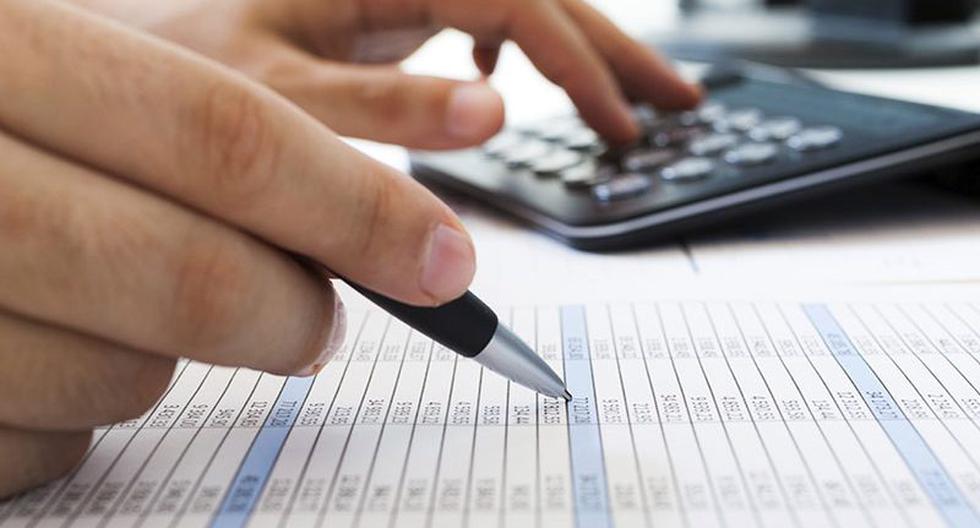The LGBTQI community+ demanded this Thursday that the government and the electoral authorities of the country measures are provided to guarantee the right to vote and participation in the political processes of the people belonging to that community.
during the forum “For the participation of the LGBTQI community+ in electoral processes”, organized by Citizen participation and the Canada Fund for Local Initiatives, the participants in the same and the panelists analyzed what is related to the inclusion of this community.
The executive director of PC, Fátima Lorenzo, explained that the forum is part of a project that began last year 2022, on the Rightspolitical participation and equity of the community and that has been developed with the support of Canada.
“It is a project where we have been working with the LGBTQI+ community in the National District, Puerto Plata, Sosúa and Santiago, and the fundamental objective is to generate training processes, create alliances with the political sector, create community processes to level of citizenship to address the issue of situations of discrimination and all the processes that exist in relation to the LGBTQI+ community”, Lawrence pointed out.
He said it’s a matter of Rights human, inclusion, which has to do with the quality of democracy and the representation of the different sectors in society.
He assured that the LGBTQI community+ is inserted in politics because they are part of the citizenry, but what is wanted is that “They are recognized without stigma, discrimination and that they can have seats in the National Congress and that they can have a participation in all the discussions that take place in the country.”
“There is an environment of discrimination in relation to the LGBTQI+ community as there is in relation to women’s participation in politics, as there is also for people living in situations of disability, there is no democracy that facilitates, that believes the conditions for everyone to be represented in politics.” PC CEO said.
While Joseph Abreu, general coordinator of Citizen participationexposed that during the last years there has been an activism of the LGBTQI community+ For the claim of their right to political participation in the electoral processes and for proposals of candidacies of people who represent the interests of the group.
“Analyze the reality associated with the invisibility and discrimination experienced by the LGBTQI+ community in electoral processes and from the perspective of identifying positive actions and successful practices to achieve greater participation, visibility and equal conditions”, Abreu pointed out as part of the objectives of the forum.
Some of the measures included in the “Educational guide to promote measures that guarantee the right to vote and political participation of LGBTQI+ people” revolve around expressly establishing non-discrimination based on sexual orientation and identityrecognize the right to change the identity card for gender identity, so that, among other things, transvestites and trans people have fewer obstacles when exercising their right to choose and be elected.
Classify homophobic and transphobic violence as an electoral crime, generate educational efforts so that the militancy and the leadership have a better understanding of sexual orientations and gender identities.
And also place openly LGBTQI+ people on the lists of candidates through reservations or quotas, among other measures.
The words of welcome were given by Joseph Abreu, general coordinator of Citizen participationfollowed by Christine Laberge, Canadian ambassador to the Dominican Republic, who stressed that the government of her country is committed to creating and promoting public policies for inclusion and diversity.
“Which commits us to work both internally in the country through state institutions, and externally in its international cooperation strategy,” Laberge noted.
Among the panelists and speakers were Ana Irma Rivera Lassén, Puerto Rican senator; Marlon David Pabón Castro, coordinator of Public Administration and transparency of the Electoral Observation Mission (MOE); Leonardo Sánchez, Franiel Genao, Francisca Peguero, Jairo Alexandre Medrano, Fidelia Rincón and Paola Tejada.















